The bite of a parrot is no laughing matter. Injuries from bird bites can be serious and require medical attention, even if they don’t appear to be severe at first. The worst part is that often we don’t even realize how bad the injury is until days later.
It’s a common misconception that a parrot biting your finger off is the worst thing that can happen. But it’s not. In fact, parrots have powerful beaks that they use to crack nuts and seed pods. A bite from a parrot can break bones and cause serious injury.
The biggest danger with owning a pet parrot is the spread of diseases and illnesses. Parrots are known carriers of salmonella, psittacosis, avian flu and other diseases. Pet birds can also carry disease-causing bacteria on their feathers, which can spread to other animals in the environment. This is why it’s important to wash your hands after handling your bird and to keep them away from other animals.
Parrots have incredibly strong beaks for cracking through tough nuts and seeds. So even the tiniest parrot can make you bleed if it wants to. Parakeets and budgies are small enough to be held in the palm of your hand, but if you’ve got your hand near their food bowl or nesting area, they’ll nip you like crazy. And if one does get a hold of your finger? It’ll leave a mark, for sure.
Parrots also carry mites and ticks on their feathers, which can infest homes and yards if left untreated. These parasites are a nuisance for humans as well as pets, which is why you should take your bird to the vet for regular checkups and treat them for parasites as needed.
It’s also important to note that parrots are wild animals, even if they’ve been domesticated for centuries or longer. They need a lot of mental stimulation in order to stay happy and healthy, so you should spend time playing with them every day.
Can Parrots Bite Through Bone?
Some parrots have a reputation for biting through bone. The most famous example is the scarlet macaw, which is known to be able to crack open coconuts in the wild.
Other parrot species are known for their ability to chew through wood, such as cockatoos and other macaws.
Biting through bone or hardwood is a rare talent among animals. The only other animals that can do it are rodents like hamsters and guinea pigs, elephants, sea otters and some species of shark.
Parrots are well known for their powerful beaks, which they use to eat food and defend themselves. Parrots also use their beaks for grooming, preening and manipulating objects in the environment.
In the wild, parrots eat a wide variety of food sources, including fruits, vegetables, nuts, seeds and insects. This diet provides an assortment of textures and tastes. Parrots use their beaks to crack open seeds and nuts, but they also use them to pick up and hold other foods.
Parrots use their strong beaks for all kinds of things. In addition to eating with them, parrots use their beaks as tools to dig in soil or bark, as well as to explore objects. They even use them to groom themselves and each other.
Does a Parrot Bite Hurt?
Parrots have a reputation for being able to bite hard, and it’s well-deserved: the powerful beaks of most parrot species are built for cracking seeds and nuts and tearing flesh.
The bite force of a macaw is about 300 pounds per square inch (psi), which is twice as strong as a Rottweiler’s bite and can do some serious damage to skin and bone. However, while all parrots can bite, they won’t necessarily hurt you with every bite.
The size of the bird, its mood at the time, what it was biting into and where it was biting all influence how painful a bite might feel. A small bird can bite just as hard as a large one relative to its size; some of the smaller parrots are actually stronger biters pound-for-pound than the larger species. And a little bird biting your finger is going to hurt far less than if it were chewing through your earlobe or ripping flesh from your arm.
Parrot bites are as painful as they are serious. Parrots have extremely powerful beaks and jaws, and a bite from one can do considerable damage to soft tissue and even bone.
Parrots bite for a variety of reasons — some express territoriality, while others resort to biting if they feel threatened. Some parrots may simply bite out of boredom or frustration. In other words, there could be many reasons behind a parrot’s bite, but regardless of the cause, the effect is the same: A parrot bite hurts!
Many parrots enjoy playing with their owners and companions by nipping at them. Sometimes this playfulness can turn into a more aggressive form of biting if they are not taught that such behavior is unacceptable. An important part of responsible bird ownership is teaching your parrot that biting is not acceptable through proper training.
Can a Parrot’s Beak Break a Finger?
The bird’s beak is a pretty versatile tool. It can peck, pluck, scratch, spear and kill. A beak can even crack coconuts and crush bones. So, you may be wondering if a parrot could break your finger with its beak.
The answer is no — although it might hurt a little. Parrots are equipped with strong jaws but, unlike a hawk’s claws or a cat’s teeth, they don’t have the leverage to break any bones in your hand.
Parrots aren’t the only birds that can use their powerful beaks to injure humans. Hawks have killed people with their talons, but Speer said he has seen dozens of cases of hawks breaking bones in their owners’ hands with their sharp curved beaks.
The biggest danger from a parrot bite is infection from bacteria on the bird’s beak or claws. That’s why Speer encourages his clients to wash their hands before and after handling their pet birds.
What Should You Do After Being Bitten by a Parrot?
Parrots’ beaks are very powerful and can cause serious injuries. Being bitten by a parrot is not uncommon, especially when they are scared or feel threatened. Although the experience might be startling and painful, there are a few things you can do to minimize the damage.
Remain calm: As with any wound, it’s important not to panic. Panicking will only scare your parrot further and cause them to react aggressively. This may also make it more difficult for you to properly assess the situation.
Don’t retaliated: Being bitten is an unpleasant experience, but it’s important not to retaliate against your parrot. Hitting or otherwise abusing your bird may cause them to become fearful of you and respond aggressively in the future. This can even lead to further injury on both sides, so remain calm and try to reassure your bird that you don’t intend any harm.
Stop the bleeding: If the bite caused some bleeding, apply pressure with a soft cloth or paper towel until the bleeding stops. If it doesn’t stop after a few minutes, seek medical attention.
Clean the wound: Cleaning minor bites is relatively straightforward; gentle washing with warm water and soap should be enough to remove any bacteria that could cause infection later on.
There’s a general rule of thumb for how to deal with any animal bite: Wash the wound thoroughly with soap and water, apply an antibiotic ointment, and seek medical attention if the bite is serious.
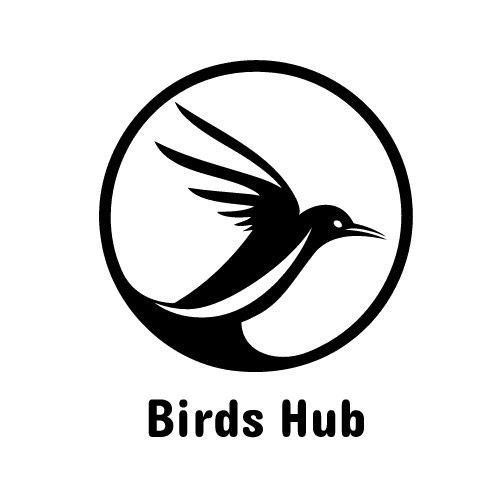
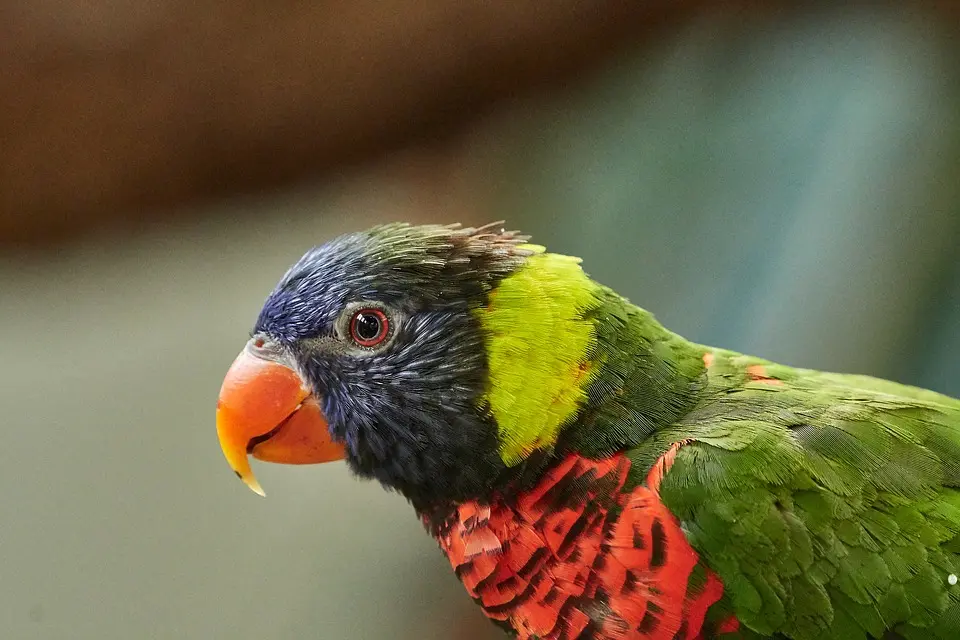
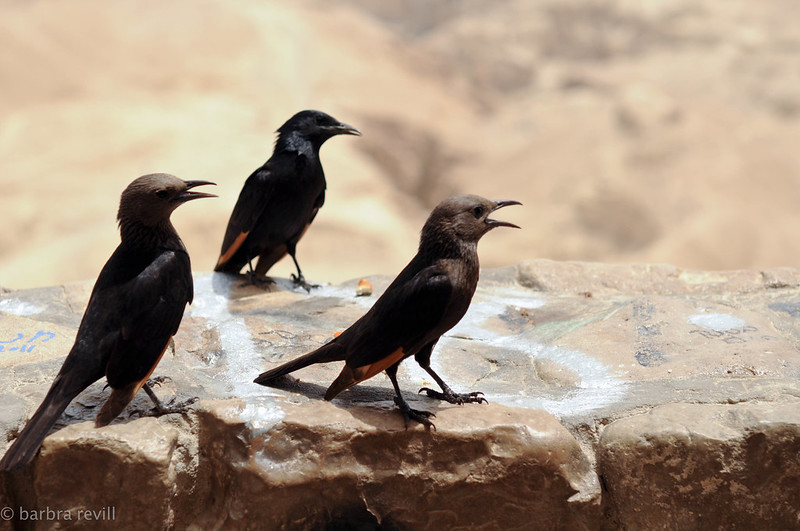
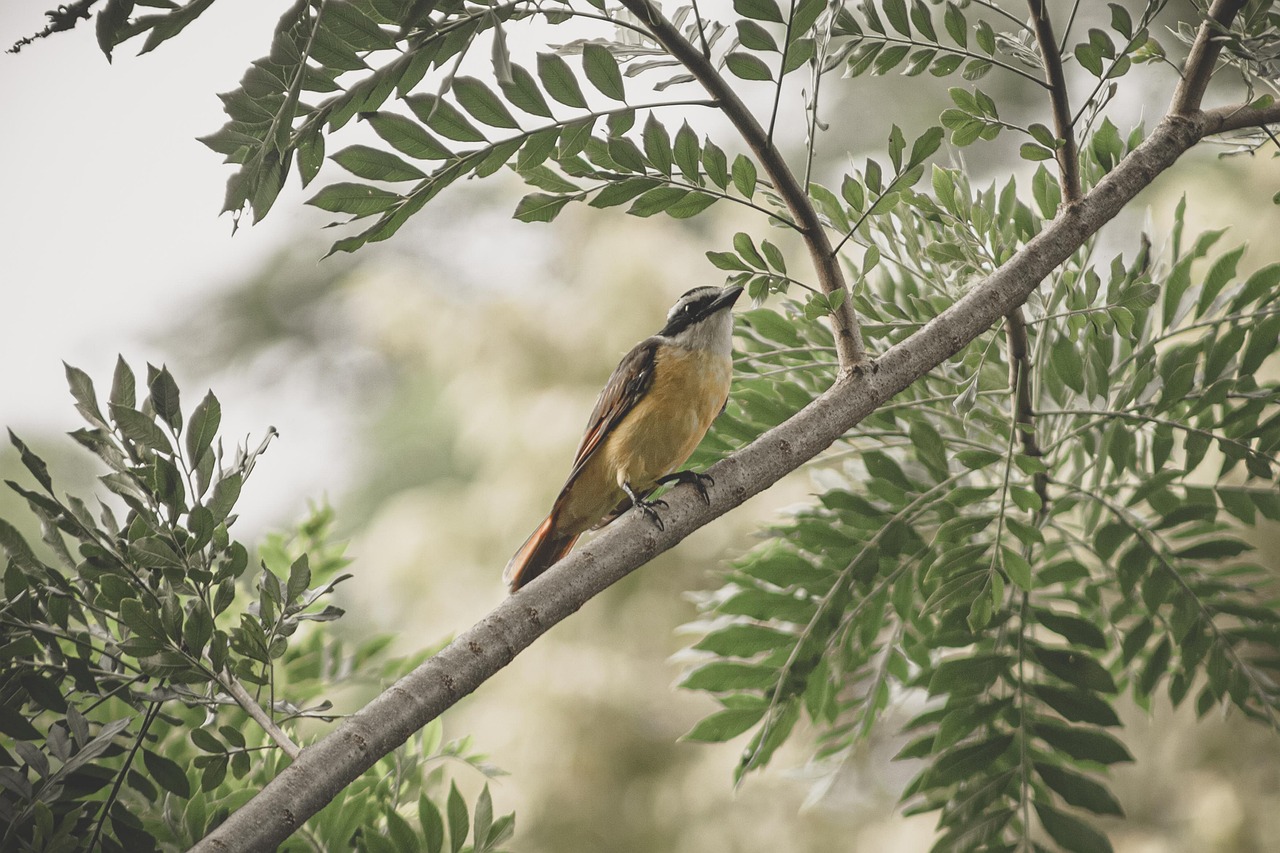
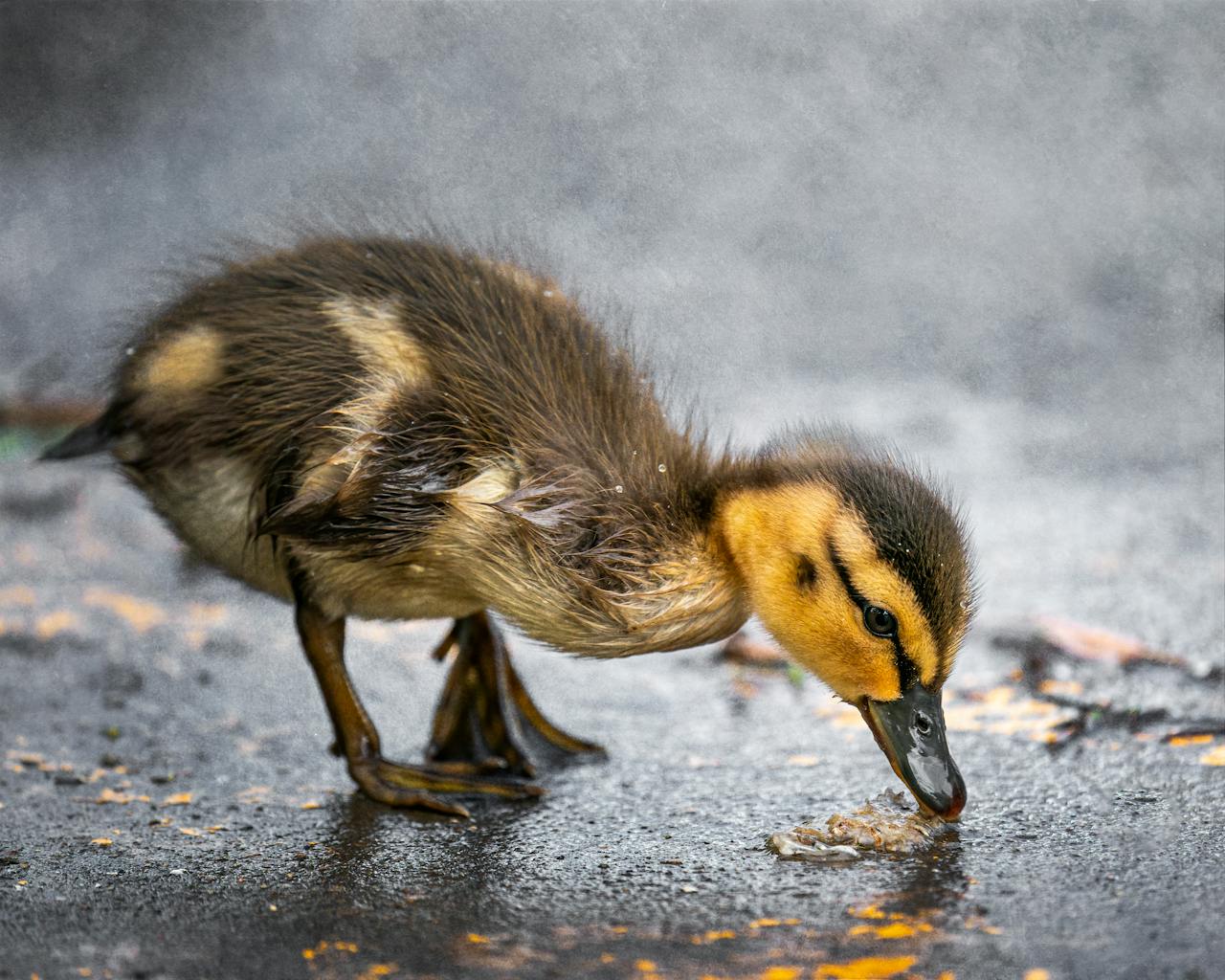
Leave a Reply